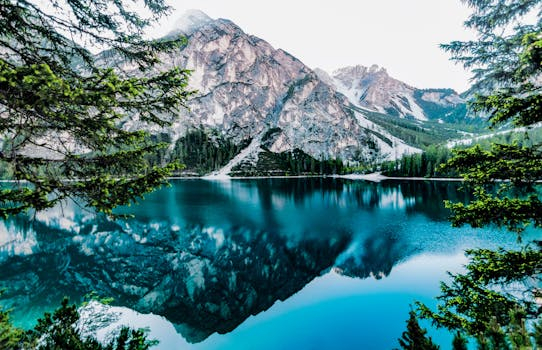Remote Beach Foraging: Coastal Food Skills
Remote beach foraging, also known as coastal food skills, involves gathering edible plants, fruits, and seafood from the shore. While it may not be a common practice for most people, it has been a way of life for coastal communities for centuries. However, with the rise of modern convenience and processed food, this traditional skill has been almost forgotten. In recent years, there has been a resurgence of interest in remote beach foraging, not only for its nutritional value but also as a way to connect with nature. In this article, we will explore the practice of remote beach foraging and how it can benefit both our physical and mental well-being.
What is Remote Beach Foraging?
Remote beach foraging is the act of collecting food resources from the seashore. Unlike traditional foraging, which is usually done in forests and fields, remote beach foraging is only possible in coastal areas. This practice involves scavenging for wild plants, fruits, and seafood that are naturally found in the coastal environment. It is a skill that has been passed down from generation to generation in coastal communities and is deeply rooted in their traditional way of life.
The Art of Coastal Foraging
Foraging on remote beaches requires a certain level of skill and knowledge. It is not as simple as picking random plants and seafood and consuming them. To ensure a safe and enjoyable foraging experience, one must have a basic understanding of the coastal ecosystem and the species that thrive in it. This includes knowledge of tides, weather patterns, and seasonal changes. It is also crucial to know which plants and seafood are edible and how to properly identify and harvest them.
Benefits of Remote Beach Foraging
Nowadays, many people are drawn to remote beach foraging not only for the thrill of the hunt but also for its numerous benefits. Let’s take a closer look at some of the advantages that this practice can bring to our health and well-being.
Nutritional Value
Remote beach foraging offers a variety of highly nutritious and often overlooked food sources. Edible plants found in coastal areas are rich in vitamins and minerals, making them an excellent addition to our diet. Seafood, on the other hand, is a great source of protein and healthy fats, providing us with the necessary energy to thrive.
Physical Activity
Foraging is a form of physical activity. Walking along the shore, bending, and picking plants or digging for seafood, all require physical exertion. This can help us stay physically active and fit, as well as improve our overall strength and endurance.
Mental Well-being
Foraging on remote beaches can also have a positive impact on our mental well-being. Being outdoors, surrounded by the calming sounds of the waves and the fresh sea breeze, can be a great stress-reliever. It also provides an opportunity to disconnect from our fast-paced, technology-driven lives and reconnect with nature, promoting mindfulness and a sense of inner peace.
Sustainable Living
Remote beach foraging is a sustainable way of living off the land. By foraging for our food, we reduce our reliance on industrial agriculture and decrease our carbon footprint. It also promotes mindful consumption and appreciation for the resources provided by our environment.
Closing Thoughts
Remote beach foraging is a valuable skill that not only provides us with fresh and nutritious food but also enriches our lives in many ways. It allows us to reconnect with nature, improve our physical and mental well-being, and promote sustainable living. So next time you’re at the beach, slow down, take a closer look at your surroundings, and you might just discover a whole new world of edible treasures waiting to be enjoyed. Happy foraging!











